Encouraging candidates for the European election to promote “family mainstreaming” in all sectoral policies is the declared goal of the “Vote for the Family” campaign launched by FAFCE, the Federation of Catholic Family Associations in Europe. In view of the elections of May 23-26 FAFCE – headquartered in Brussels, chaired by Antoine Renard, that brings together some fifteen associations – produced a veritable Manifesto in ten points. Each family and association is called to “demand family-responsive policies”, with the involvement of future MEPs, in the awareness that “the decisions taken at EU level influence the daily lives of every family” throughout the continent. The Manifesto will be presented in Brussels next April 2. 
Demographic winter. “As a candidate for the European elections, I commit myself to recognising the value of the work of the mother and father in the home and the value of volunteering as a contribution to social cohesion.” These are the opening lines of the declaration that the candidates to the European Assembly are invited to sign online. When making political decisions MEPs would thereby be committing themselves to carrying out the ten points. The first regards a “European Natality Pact.” It reads: “The Demographic Winter is a silent emergency which concerns all European Countries.
Europe needs a demographic Spring.
Our children are our primary common good. I commit to raising awareness about the European demographic decline, proposing concrete measures and instruments to change the current trends.” “Family mainstreaming” is the second point: ” The family is the cornerstone of society. The European Union must take European families into account in all its decisions, while respecting the principle of subsidiarity. I am committed to promoting the concept of “family mainstreaming” in all sectoral policies.”
Fiscal justice. Support to families is the third highlighted point: “Family associations are the voice of families, authentically articulating their needs and increasing civic engagement.” There ensues the need “to recognise the contributions and role of family associations in the design and development of European programmes.” The fourth point refers to “an economy at the service of the family”, considering that “
Families are the source of resilience for societies and help relieve distressed public finances.”
In this respect there is need for “public policies that recognise the dignity of the family and its fundamental economic role in the common good, working in favour of tax justice and promoting good practices, such as a European Family Card.”
Labour, social inclusion. “Dignified work for every family” is the fifth important point, since “the family is a natural key player in the promotion of social inclusion.” Thus the request for policies “that do not consider the labour market solely in light of economy and finance but that focus primarily on the person and his or her talents, retaining this a form of active participation in the common good and an instrument to prevent poverty.” An explicit request to recognize the value of the work of the mother and father in the home and the value of volunteering “as a contribution to social cohesion.” Sixth point – one of the traditional “battles” of FAFCE and of affiliated associations is the
balance between family life and professional life:
the family, the Manifesto for the forthcoming elections points out, “should be the starting point from which working conditions are designed, so as to provide families with living conditions that facilitate time together, thus maintaining population dynamics, and to contribute to social cohesion.” Political candidates in all EU Countries are asked to “foster a better articulation of the balance between family life and professional life for the benefit of the family, including reserving Sunday as a common weekly day of rest.”

Engine of generativity. Acknowledging the complementarity of women and man is the seventh theme highlighted in the document: ” The family is the first engine of generativity for all of society.” The commitment is “to recognise the complementarity between man and woman and refute any attempt to erase sexual differences through public policies.” There ensues the following paragraph: “Respecting and Promoting the Institution of Marriage.” The Manifesto declares: “Stronger familial bonds improve the wellbeing of individuals.
The EU and its Member States are called to respect the institution of marriage
and to promote best practices in preventing family breakdown.” Under the subsidiarity principle, candidates are asked to oppose “any interference of the European Union in the legal definition of marriage.”
 Respect for life. Point nine: “Respect for Human Dignity from Beginning to Natural End of Life.” One of the key-themes of the Catholic presence in Europe’s public space is given renewed emphasis: “The family is the natural place where every new life is welcomed.” “I pledge – reads the Manifesto – to respect the dignity of every human life, at all its stages, from conception to natural death. I will encourage policies and best practices that provide special care to all children, before and after birth, and to their mothers as well as to foster care families or adoptive families.” Last but not least – tenth point – the role of the parents: “
Respect for life. Point nine: “Respect for Human Dignity from Beginning to Natural End of Life.” One of the key-themes of the Catholic presence in Europe’s public space is given renewed emphasis: “The family is the natural place where every new life is welcomed.” “I pledge – reads the Manifesto – to respect the dignity of every human life, at all its stages, from conception to natural death. I will encourage policies and best practices that provide special care to all children, before and after birth, and to their mothers as well as to foster care families or adoptive families.” Last but not least – tenth point – the role of the parents: “
Fathers and Mothers, First and Foremost Educators of Their Children.
“Families” have always fostered a more long-term perspective, preparing a more sustainable future.” There ensues the commitment “to ensure that the Union, in all its youth and education programmes, respects and promotes the right of parents to educate their children in conformity with their cultural, moral and religious traditions which favour the good and dignity of the child.”










